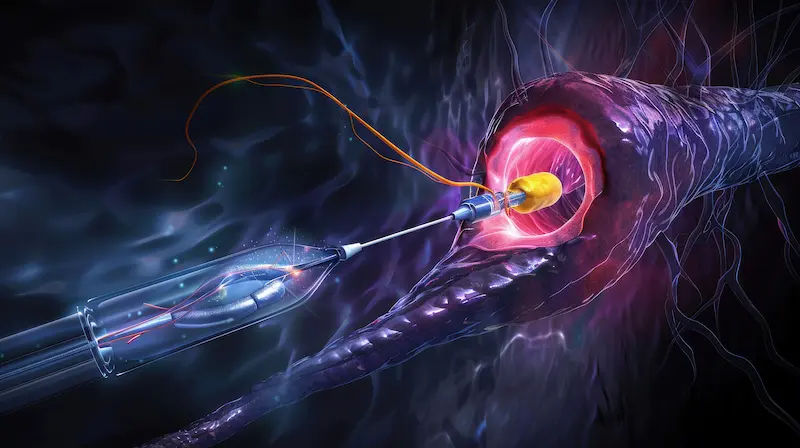- Male
- 35 Years
- 07/02/2025
I'm dealing with depression and recently had some heart tests done - my TMT came back negative, and both my ECG and echo were normal. However, my doctor prescribed me macsart 40 for blood pressure. I'm confused and a bit worried. Why would they prescribe BP medicine if my tests are normal? Any advice would be appreciated.
More Cardiology Health Queries
View allI've been having some pain for the last couple of days, and since I have high blood pressure and I'm on amlopres, I'm a bit worried. Could this pain be related to my medication or my blood pressure? What should I do?
recheck BP Once, advised ecg and to continue BP medications.
Answered by 1 Apollo Doctors
Does your body warn you before a heart attack?
Symptoms such as pressure, tightness, pain, or a squeezing or aching sensation in your chest or arms that may spread to your neck, jaw or back are seen along with nausea, indigestion, heartburn or abdominal pain.
Answered by 1 Apollo Doctors
I've been feeling this burning sensation in my breast, mostly on the left side, and it even goes into my back sometimes. It occasionally spreads down my leg too. Should I be worried about this or is it something common?
Phimosis Condition and Next Steps *Causes of Phimosis:* 1. *Genetics*: Phimosis can be inherited. 2. *Inflammation*: Repeated inflammation of the foreskin can lead to scarring and phimosis. 3. *Infections*: Certain infections, such as balanitis, can cause phimosis. 4. *Poor hygiene*: Infrequent cleaning of the foreskin can lead to phimosis. 5. *Trauma*: Injury to the foreskin can cause phimosis. *Next Steps:* 1. *Consult a doctor*: Schedule an appointment with a urologist or a general practitioner to discuss your condition. 2. *Examination and diagnosis*: Your doctor will examine you to confirm the diagnosis and rule out any underlying conditions. 3. *Treatment options*: Depending on the severity of your phimosis, your doctor may recommend: - *Topical creams*: Steroid creams to help loosen the foreskin. - *Manual stretching*: Gentle stretching exercises to help loosen the foreskin. - *Circumcision*: Surgical removal of the foreskin (usually recommended as a last resort). 4. *Addressing concerns*: Discuss your concerns about surgery with your doctor, and explore alternative treatment options.
Answered by 1 Apollo Doctors
Disclaimer: Answers on Apollo 247 are not intended to replace your doctor advice. Always seek help of a professional doctor in case of an medical emergency or ailment.


_1.webp)



